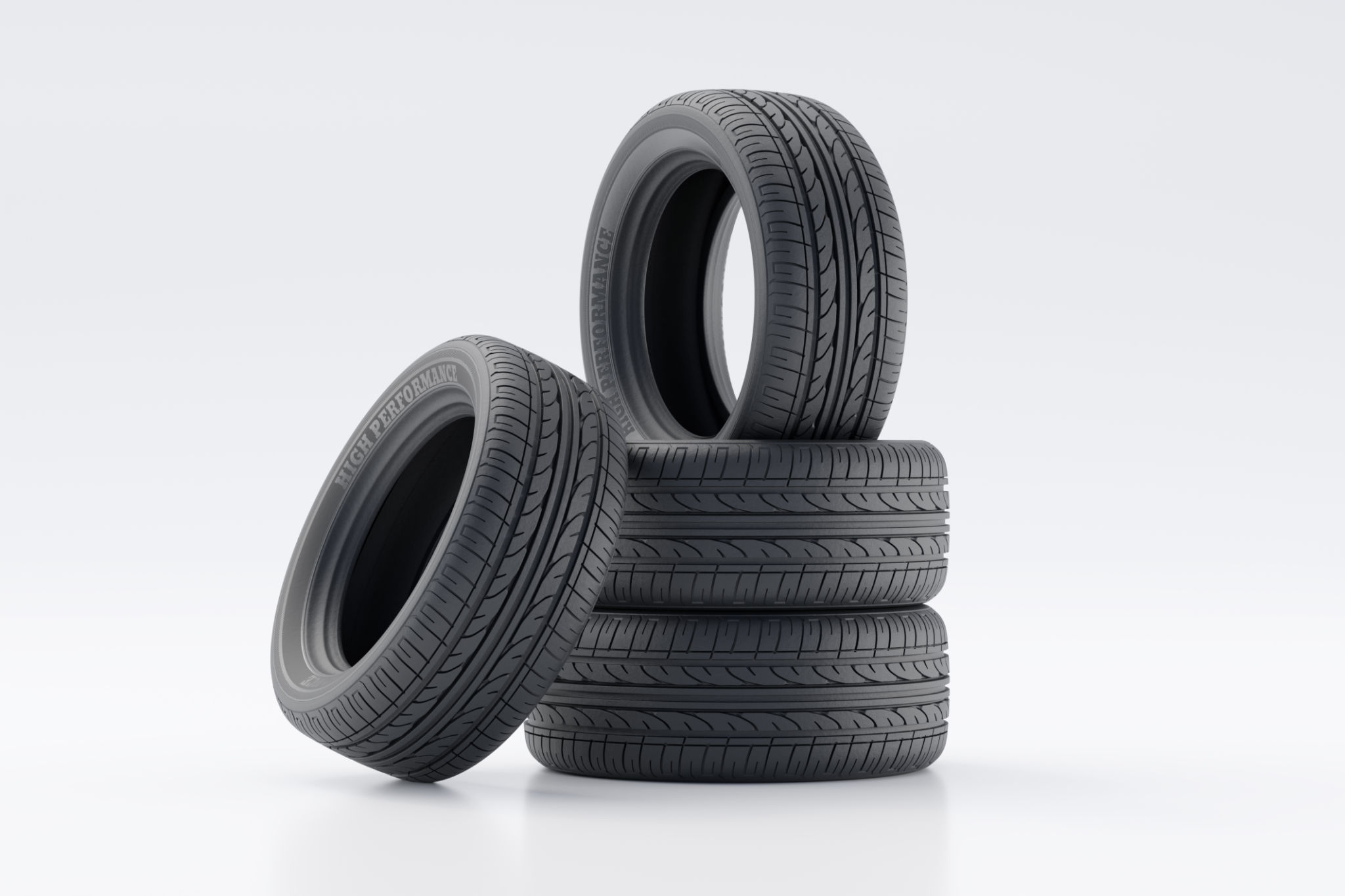How to Boost Your Car's Performance with Simple DIY Tips
Regular Maintenance Checks
Maintaining your car's performance doesn't always require a professional mechanic. By conducting regular maintenance checks yourself, you can significantly improve your vehicle's efficiency and lifespan. Start by regularly checking the oil level and quality. Make sure to replace it every 3,000 to 5,000 miles or as recommended by your car manufacturer. Clean oil ensures that your engine runs smoothly, reducing friction and wear.
Another crucial step is to inspect your air filter. A clogged air filter can decrease acceleration and fuel efficiency. It's a simple task to remove the air filter and check its condition. If it looks dirty, replace it with a new one to ensure optimal airflow to the engine.

Upgrade Your Tires
Tires are a fundamental component of your car's performance. Ensuring they are properly inflated can enhance fuel efficiency, handling, and safety. Check the tire pressure monthly and adjust it according to the manufacturer's recommendations. Under-inflated tires can increase fuel consumption and wear unevenly.
Additionally, consider upgrading to performance tires if you're looking for improved grip and handling. These tires are designed to offer better traction, especially in high-speed situations or challenging weather conditions.

Enhance Your Fuel System
A clean fuel system is vital for maintaining your car's performance. Over time, deposits can build up in the fuel injectors, leading to reduced efficiency and power. Use a fuel system cleaner every few months to keep the system clean. This simple addition can improve fuel economy and reduce emissions.
Moreover, ensure you're using the correct grade of fuel as recommended by your car's manufacturer. Higher octane fuels can boost performance in some vehicles, but it's essential to follow the guidelines provided in your owner's manual.
Optimize Your Exhaust System
The exhaust system plays a significant role in your car's performance by managing emissions and improving engine efficiency. Consider upgrading to a performance exhaust system, which can increase horsepower and torque by allowing for better airflow. These systems not only boost performance but also offer a more aggressive sound.

Improve Engine Breathing
Improving how your engine breathes can lead to noticeable performance gains. Installing a high-performance air intake system allows for a higher volume of air to enter the engine, increasing horsepower and torque. This upgrade is relatively straightforward and can be done with basic tools.
Similarly, consider upgrading the throttle body for more responsive acceleration. A larger throttle body allows more air into the engine, enhancing performance, especially when combined with other modifications like a tuned exhaust system.
Regular Tune-Ups
Finally, don't underestimate the value of regular tune-ups. During a tune-up, you'll replace spark plugs, inspect ignition wires, and check other critical components. Fresh spark plugs ensure efficient combustion, which can lead to better fuel economy and smoother operation.

By following these simple DIY tips, you can boost your car's performance without breaking the bank. Regular maintenance and thoughtful upgrades can keep your vehicle running at its best while enhancing your driving experience.
